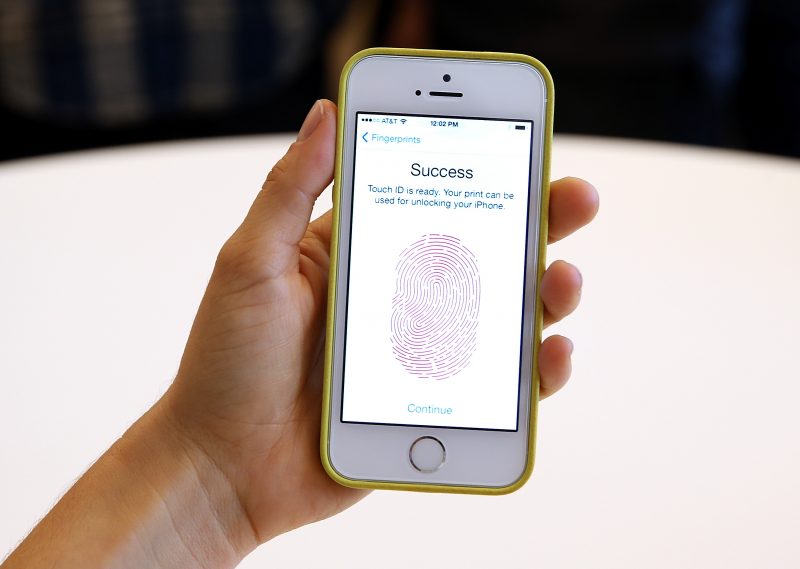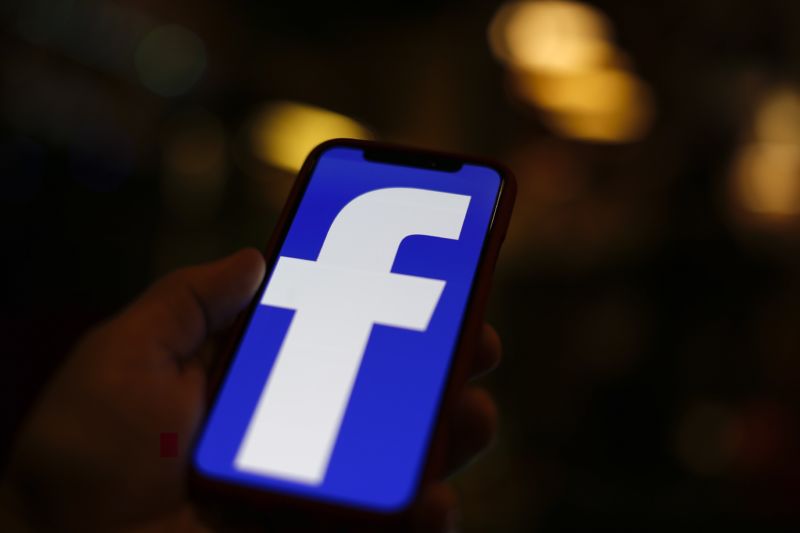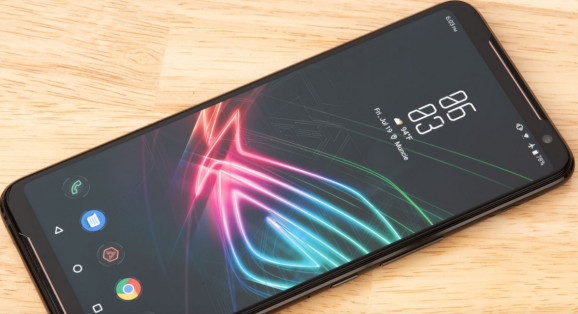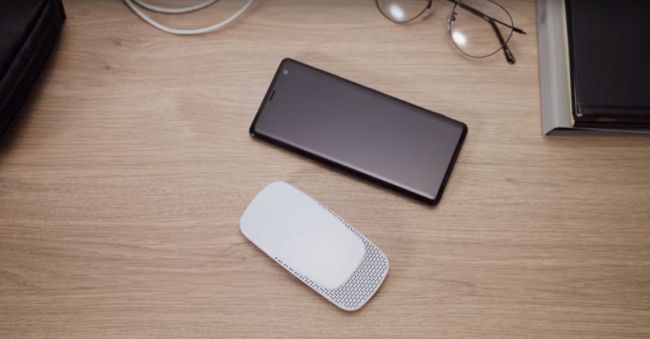Find out the week’s top mobile stories from around the world.
This week.. Apple is buying Intel’s mobile chip business, Utah County to pilot blockchain-based mobile voting, FaceApp makes privacy laws look antiquated… and much more…

Apple is buying Intel’s mobile chip business
Quartz
While some of technology’s other giants were getting ready to extol the virtues of their cloud-computing businesses, Apple decided it was a prime moment to announce that it had just purchased a large chunk of Intel.
The iPhone maker said July 25 that it was buying Intel’s smartphone chip business for $1 billion. It would be taking on roughly 2,200 Intel employees (presumably moving them from down the road in Santa Clara, California, to its Cupertino mothership), and adding to its wireless-technology patent trove, which will now stand at 17,000 innovations.
Read more…
Utah County to pilot blockchain-based mobile voting
Computer World
Utah County is the latest government entity to pilot a mobile voting application based on blockchain to allow military absentee voters and their family members living overseas to vote in an upcoming municipal primary election.
The county, which has more than a half million residents, is the third in the U.S. to partner with Tusk Philanthropies on a national effort to expand mobile voting. The pilot is a collaboration between the Utah County Elections Division, Tusk Philanthropies, the National Cybersecurity Center and Boston-based voting app developer Voatz.
Read more…
FaceApp Makes Today’s Privacy Laws Look Antiquated
The Atlantic
Americans give billions of dollars a year to industries that promise to make them look younger. FaceApp became wildly popular, seemingly overnight, for doing the exact opposite. Applying a filter powered by artificial intelligence, the photo-editing app modifies photos of its users’ faces to show them what they might look like when they’re much older. The resulting images aren’t the only thing about FaceApp that strikes some people as creepy. FaceApp is the handiwork of a relatively unknown company in Russia—a provenance that, amid evidence of election interference and other misdeeds by Russian hackers, has raised widespread concerns in Washington.
Read more…
Australian antitrust body wants to closely monitor Google, Facebook
Engadget
Back in April, Australia passed a bill that seeks to punish social networks for failing to remove violent content from their platforms. Now, the country’s antitrust watchdog wants to establish a unit dedicated to keeping an eye on the tech giant’s activities. It’s one of the 23 proposals written in the Australian Competition and Consumer Commission’s (ACCC) 623-page report on the tech giants’ anti-competitive behavior in the country. According to Reuters, the dedicated unit within the commission will look closely into how the companies use algorithms to match users with ads.
Read more…
Privacy protections tipped to slow Facebook growth
Mobile World Live
Facebook’s troubles appeared to be far from over, as the company predicted privacy-related changes to its platform will slow revenue growth and revealed it is the subject of another Federal Trade Commission (FTC) probe.
Revenue in Q2 jumped 28 per cent year-on-year to $16.9 billion, driven primarily by growth in advertising revenue. But CFO David Wehner warned momentum is expected to slow through the end of the year and into 2020, as the implementation of new data privacy protections across Facebook’s platforms limit ad targeting capabilities.
Read more…
5G And The Power Challenge Mobile And IoT Device Manufacturers Will Face
Forbes
5G cellular networks are the next big wireless communication technology innovation. 5G could provide several important benefits, including faster speeds — users won’t be fighting for bandwidth to stream video and download files, and it could lower latency — meaning devices will be able to provide updates faster. Just how fast is fast? 5G speeds could be up to 50 times faster than 4G.
Read more…
Will Netflix’s new mobile-only plan trigger price war in Indian OTT space?
Money Control
When streaming giant Netflix announced that it plans to launch its mobile only plan in India soon, it was an indication that the price war in the Indian OTT (over the top) space will intensify.
This is because during the testing period, the plan was priced at Rs 250 per month and at this price, Netflix will come close to its rivals in terms of subscription cost.
Read more…
Tencent reveals Republic of Gamers Phone II, with high-end features for mobile gamers
VentureBeat
Tencent and Asus revealed the latest Republic of Gamers (ROG) Phone II smartphone for gamers in China.
The smartphone runs on Qualcomm’s flagship chip, the Snapdragon 855 Plus mobile platform. The ROG Phone II features Pixelworks’ Soft Iris enhanced dynamic range capability, which exposes richer color and highlights, revealing greater detail in dark areas for videos and games.
Read more…
We need Sony’s wearable air conditioner right now
Tech Radar
The new Sony Reon Rocket is a body-cooling wearable that promises to chill you out in the heat. Folks suffering the current heat waves sweeping the world can all agree: it sucks to be caught in it between air conditioning havens. But, what if you could take AC with you? That’s what this wearable promises.
Sadly, the device isn’t for sale yet: it must be crowdfunded first, and if it makes its goal (it’s currently 44% funded), should ship by March 2020. But, the promise of mobile cooling is too tantalizing to ignore.












